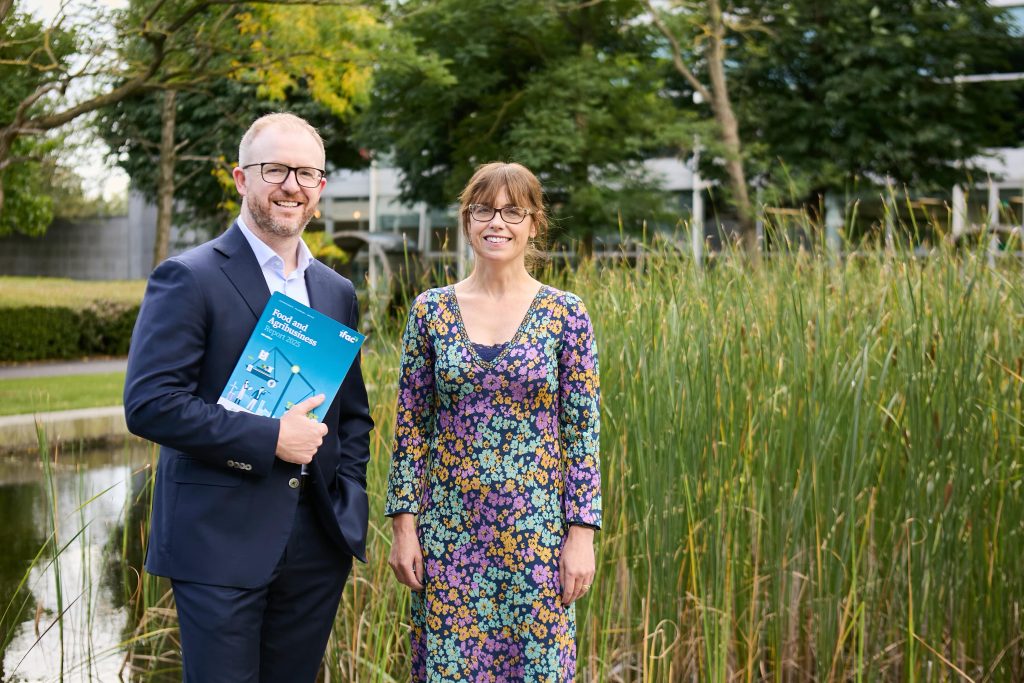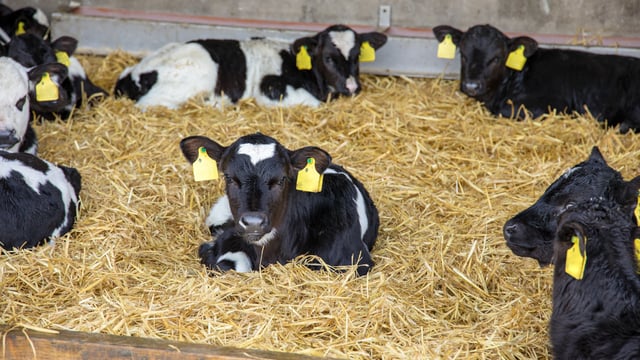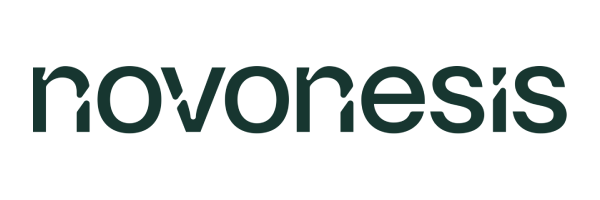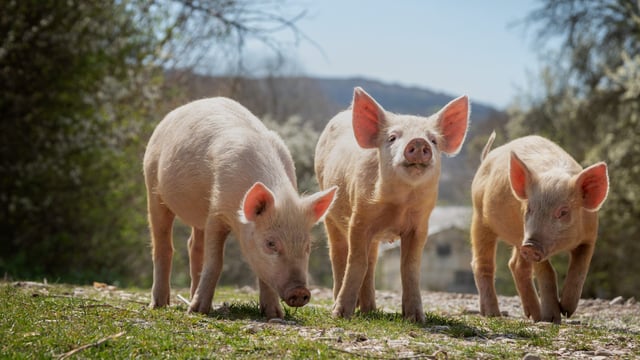Almost half of agri-businesses delay investment due to uncertainty - report
While high numbers of Irish food and agri-business leaders are optimistic about the year ahead, almost half have delayed investment because of uncertainty, according to ifac.
A new report published today (Tuesday, September 16) by the accounting, tax, and business advisory firm, based on the views of food and agri-business leaders, shows a sector "balancing resilience with caution" in what ifac describes as a "time of significant change".
Overall, 80% of food and agri-businesses are optimistic about their performance in 2025, up 25% on last year, the Food and Agribusiness Report 2025 found.
However, 44% of businesses have delayed investment due to uncertainty.
David Leydon, head of growth and agri-food consulting at ifac, said: "Our report shows that the cost of doing business is a central concern and a persistent pain point - 80% of businesses cite increasing cost pressures.
"For others, exploring opportunities to differentiate through sustainable practices is key.
"Sustainability has evolved from a buzzword to a priority.
"Back in 2019, just 43% of companies were using sustainable packaging.
"Fast forward to 2025, and 83% of respondents report receiving requests for sustainability data from customers."
More than half report taking more sustainability actions than last year.
However, only 20% have identified new revenue opportunities, highlighting a gap between intent and impact, the report said.
Exports
Exports remain robust, with 89% of businesses maintaining or growing international sales, the report showed.
In 2024, the value of Irish agri-food exports increased by 5% to €17 billion, according to figures from Bord Bia, maintaining the upward trajectory seen in previous years.
This is reflected in ifac's survey, with 56% of respondents seeing a growth in their international sales in the past 12 months.
Half of respondents export to the UK, and one in four to the US.
However, 66% of those exporting to the US cite tariffs as a top challenge, while 70% overall face foreign exchange risk.
The report found that 70% are not invoicing in euro, exposing them to currency volatility, ifac said.
Succession plan
John Donoghue, CEO of ifac, said that the latest report highlights the "resilience and adaptability of the sector amidst challenges like market volatility, increased competitiveness, and climate pressures".
"The main drivers of growth include international market expansion, and whilst optimism for the future is high, succession planning remains a chronic weak spot," Donoghue explained.
"77% of business owners have no clear succession plan; a figure largely unchanged in over five years.
"Importantly, our report underscores the critical need for succession planning to safeguard the future contribution of this sector to the sustainability of our island economy."
Agri-business recruitment
Recruitment plans remain broadly in line with 2024 with 41% of businesses surveyed planning to increase the size of their workforce in the next 12 months, up 2% from last year, the report found.
60% of business owners are finding recruitment difficult, and this figure is down from 77% in 2024.
Staff retention difficulties have also eased, falling to 23% from 35% in 2024.
Yet awareness of upcoming regulation remains low – 46% of leaders are still unaware of the new EU pay transparency act due in 2026, Ifac said.
This is the eighth annual ifac Food and Agribusiness Report published.
The 2025 survey was conducted in July and August with 173 businesses across Ireland, covering sole traders, micro, small, medium, and large enterprises.






